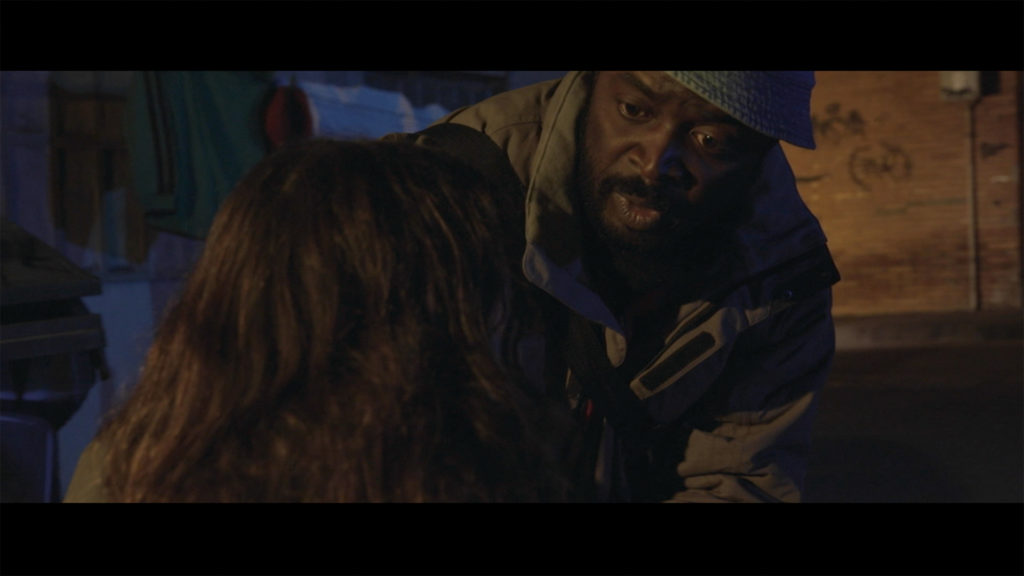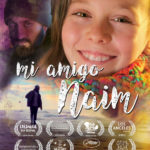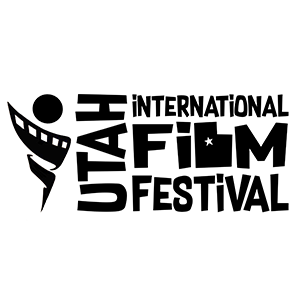My Friend Naim


Disclaimer: This film has no subtitles. Luckily I speak Spanish so I had a good grasp on what was going on in the film. I actually lived in Spain for 18 months so I have an even better understanding of that dialect.
For anyone who doesn’t speak Spanish and wants to watch the film, let me briefly translate for you. The little girl, Alba, goes out to throw away the trash and meets a man named Naim. They have a tender moment together as he asks, “Aren’t you afraid of me?” She humbly responds with, “No, are you afraid of me?” Alba then goes back to her apartment and hears her father say that he doesn’t want her going outside by herself because it’s not safe. Having no concern for what her father said, she goes out the next night looking for her new friend. Again, they have a sweet conversation leading to Alba asking if he wants to be her friend. Naim chuckles at her innocence and agrees to be her friend. At the end of the film the father runs onto the street, finds his daughter hugging Naim, and explains that she cannot see him again.
Unfortunately, I don’t believe it is mentioned that Naim is an immigrant until the end credits where it states that more than 5000 immigrants died in Europe in 2016 because nobody would give them a hand. Yes, that a very high number, and yes, those kinds of people are scattered all throughout Europe. The issue with the filming came when Naim appeared simply homeless and not immigrant. However, you do hear the sound of his supposed hometown and destruction when he is asked about his mother so I guess there is more than nothing. I just wish that the director José Luis López Ortiz would have expanded a bit more on that subject.
To be honest, I didn’t understand the point or moral of the story until that immigrant statistic showed. The way the film was shot actually had me believing that maybe the father is abusive and that’s why the little girl tried to be quiet as she left the house the first time. Some of the camera angles were a little too different for my taste as well (ex. extra close up on Alba’s shoes entering the apartment). Nonetheless, I did take notice of the introduction scene. The clips on the details like Alba’s coloring page and the cigarettes set the mood for the environment and how the film would be.
I was pleasantly surprised that the father turned out to be good. He might drink or smoke too much, but it showed that he truly cared about his daughter and her safety. Although the father didn’t help Naim, he wasn’t portrayed as the bad guy in my opinion. It was nice to see a film where there wasn’t an exact villain because that’s real. José Luis López Ortiz impressed me with how he manipulated the script and allowed the audience to see things the way they want.





